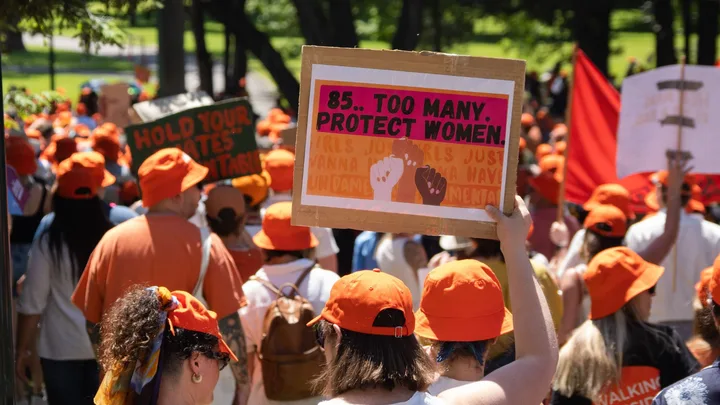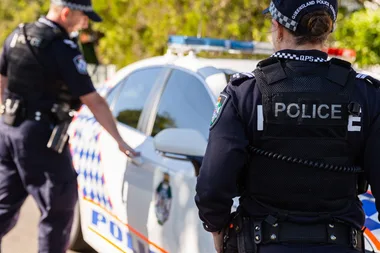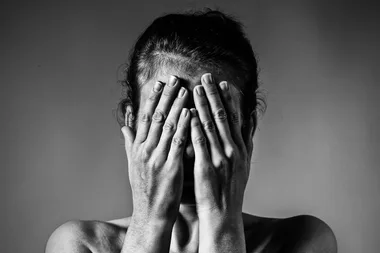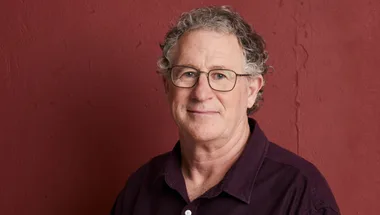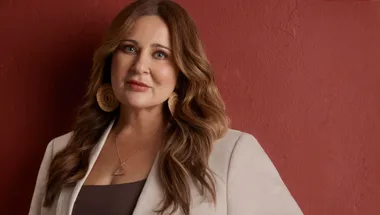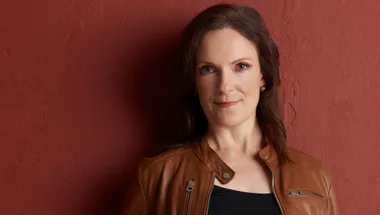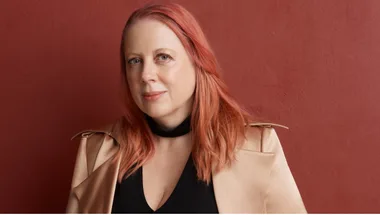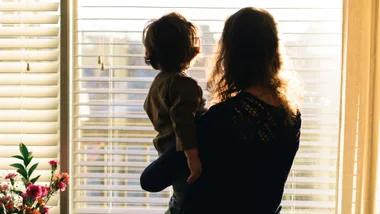On November 25, the International Day for the Elimination of Violence Against Women marks the beginning of 16 days of activism against Gender-Based Violence, both in Australia, and around the world.
As in previous years, this year’s International Day will mark the launch of the UNiTE campaign, comprising 16 days of activism that concludes on International Human Rights Day (December 10), highlighting the fact that gendered-based violence is a fundamental violation of human rights.
What Is The 16 Days Of Activism?
Each year, UN Women runs the UNiTE campaign – 16 Days of Activism Against Gender-Based Violence. The campaign calls upon the revitalisation of commitments, accountability and action from decision-makers around the world.
This year’s theme ‘Every 10 Minutes, a woman is killed #NoExcuse‘ seeks to draw attention to the alarming escalation of violence against women across the globe.
According to UN global data, a woman was killed every 10 minutes in 2023, with an estimated 736 million women – almost one in three – subjected to physical and/or sexual intimate partner violence, non-partner violence, or both, at least once in their life.
UN Women established the initiative to tackle gender-based violence by focusing on three key actions: Ending impunity by advocating for perpetrators to be held accountable; Adopting and implementing National Action Plans to assist government policy; Investing in prevention and women’s rights organisations.
This year, thousands gathered in Melbourne’s CBD on Friday 22 November for the Walk Against Family Violence. The event, organised by Respect Victoria, signalled the start of the 16 Days of Activism in Australia, as a call to action for all to stand in solidarity with victim-survivors.
The event also took place the same week that news of the alleged murder of 19-year-old Isla Bell, and Vicky Van Aiken, broke.
Bell’s family members attended the Walk Against Family Violence just two days after her remains were reportedly found in at a Dandenong tip.
The teenager had been missing for six-and-a-half weeks, after leaving her home on October 4 and never returning.
Marat Ganiev, 53, faced court in relation to Bell’s murder, with a second man, Eyal Yaffe, 57, charged with assisting Ganiev.
Police had previously said there was “no evidence to suggest foul play”, while Bell’s mother made repeated public appeals for help in locating her daughter.
During the event last Friday, Bell’s uncle read out a Facebook post on behalf of Bell’s mother Justine Spokes.
In the post she expressed her “paralysing” grief and lamented the state of inequality women are still existing in.
“We live in a world where the suffering of women is their cross to bear. A society that tells them they are strong and must continue to martyr themselves to be worth of the barest of praise.”
Victorian Minister for the Prevention of Family Violence, Vicki Ward, also called for the momentum of the 16 Days to continue on after official proceedings come to a close.
“The Walk Against Family Violence is about standing alongside victim-survivors; we’re drawing a line and holding accountable those who have chosen to use violence.”
“Enough is enough – we need to keep building the long-term cultural shift to end violence for good.”
Why It Matters

According to the ABC, which has been tracking cases of violence against women at the hands of men, 56 women have allegedly been killed so far in 2024. This number averages out to more than one woman killed per week. However, reporting around exact numbers can vary depending on various qualifiers.
Grassroots organisations such as Destroy The Joint, whose research group Counting Dead Women Australia maintains an annual register of women killed by violence, lists the year’s number to date (November 20) at 66. Initiatives such as the Red Heart Campaign and Australian Femicide Watch, founded by journalist Sherele Moody, also track and monitor the killing of women and children. Each of these platforms – and the teams behind them – work tirelessly to document deaths that often go unacknowledged or unreported by mainstream news outlets, bringing to light the harrowing reality faced by Australian women.
And while reporting around cases of domestic violence, intimate or family violence, and men’s violence against women is increasing, there is still so much work to do.
Karen Bevan chief executive of advocacy group Full Stop Australia, told the ABC that current statistics still fail to tell the whole story.
“We know that for every woman who has been murdered, there are many, many more women who today, tomorrow and yesterday, who were living in situations where they were afraid, where they were subject to violence, where they were scared for their children, and where their children were scared,” she said.
We know that violence against women is experienced across all communities and cultures, but in Australia in particular, the statistics paint a harrowing picture.
According to data collated by Our Watch
- Two in five women, or 39 per cent, have experienced violence since the age of 15.
- 4650 women aged 15 years and over (an average of 13 women per day) were hospitalised due to family and domestic violence.
- Aboriginal and Torres Straight Islander women are 31 times more likely to be hospitalised due to family-violence related assaults.
- Women with disability are twice as likely to have experienced sexual violence than women without disabilities.
- In Australia, intimate partner violence contributes to more death, illness and disability in women aged between 15 and 44, than any other preventable risk factor.
Eradicating Violence Against Women In Australia
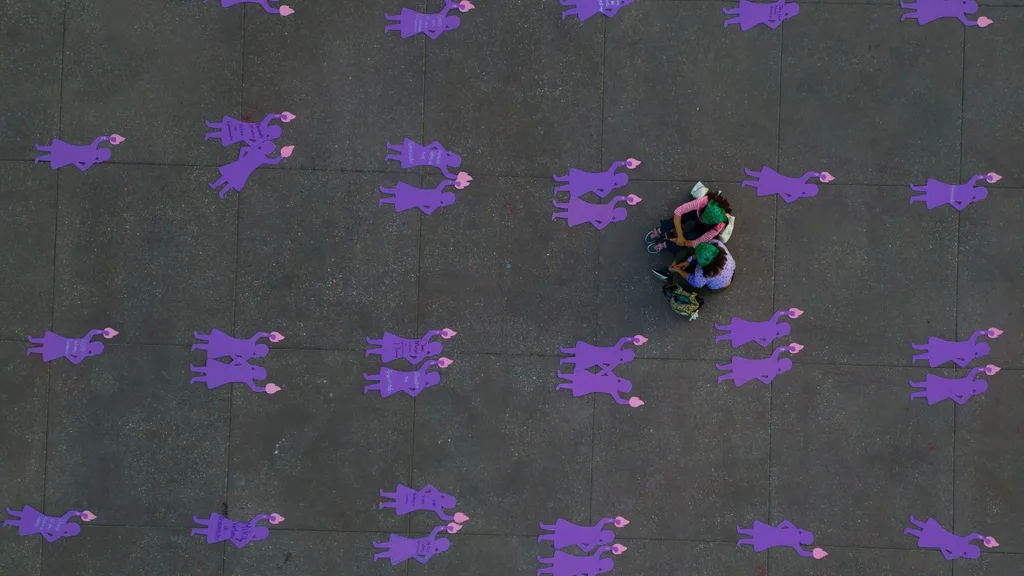
Femicide, or gender-related killing, is the most extreme manifestation of gender-based violence against women, and while not all disrespect to women results in violence, all violence against women starts with disrespect.
As we see an increase in the normalisation of violence – from domestic abuse and workplace harassment, to public safety violations and technology-facilitated violence against women, it’s clear that a political, social and cultural climate of impunity is having devastating effects worldwide.
CEO of Australia’s National Research Organisation for Women’s Safety, Dr Tessa Boyd-Caine, spoke with marie claire alongside likeminded advocates and changemakers to discuss what the pathway to eradication of violence against women could look like.
She addressed Australia’s attitude gap around domestic violence and reitterated the importance of collective responsibility.
“Our recent survey revealed that 91 per cent of people agree that violence is a problem in Australia, but only 47 per cent of people believe that violence happens in their suburb. That’s a huge problem.”
“It’s going to take all of us to see change, and everyone has a role to play. As a friend, it’s your role to have the non-judgemental conversation, or as someone in a service environment coming into contact with children and families, think about how you can use that role to check if people are safe. The relationships and the connections that people have are critical lifelines.”
Earlier this year, Prime Minister Albanese announced a new set of strategies to prevent domestic and family violence. The National Plan to End Violence Against Women and Children 2022-2032 outlined key areas of governmental focus, including coercive control, intimate partner homicide, sexual violence and harassment, pornography, financial abuse and technology-facilitated abuse.
Not All Men…

The challenging goal of ending gender-based violence in one generation is not lost on Federal Minister for Social Services, Amanda Rishworth.
In a podcast interview with The Guardian on 23 November, Rishworth explains the importance of global initiatives such as 16 Days of Activism, in elevating the issue on both an international, and local stage.
“The statistics are really difficult to hear, but it is also important that we talk about these statistics, because they are lives, they are women’s lives, and not only those that have been killed, but for those that experience family and domestic violence, because not only does it affect those individuals, but it affects families and ripples through communities.”
The minister also addressed Australia’s attitude gap and rising misogyny – especially in the wake of a growing swell of online discourse that targets women.
Mentioning the government’s Stop it at the Start campaign, which was created in response to the climate of disrespect brewing in young male-dominated digital spheres and now intensified by world events such as the US election, Rishworth emphasised the difficulties faced.
“What our Stop it at the Start campaign research showed is that we were actually seeing this online misogyny, both direct misogyny, but also casual misogyny online,” she says. “It’s actually, when you think about the world that some of our young people are entering online, it is both direct misogyny, it is attitudes that condone violence. It’s pretty significant.”
Criminologist and former NSW Police, Dr Vincent Hurley agrees with the need to redirect men and bring them into the conversation – in a big way.
“We need men and especially boys to come into that conversation if we’re going to see change.”
“We need to reverse the situation so all those women’s refuges are handed over to male offenders, because the infrastructure is already there. The women shouldn’t have to leave their homes. Even if there’s one person that can be changed out of it, and then they can mentor someone else, that’s got to be good.”
This year, Our Watch’s focus for the 16 Days of Activism is centred around engaging men and boys in preventing violence against women – “It starts with men. It starts with you.”
“Men have a vital role in preventing violence against women. Breaking cycles of violence and transforming gender norms is a role that everyone, especially men, can take part in. This is key to building a culture of respect and equality across society.”
Research tells us that gendered drivers of men’s violence against women should be considered from a broader social, political, and economic framework, as well as a social context of gender inequality. But the conversations need to be happening where they start – and that means men, and boys, need to get used to being uncomfortable, calling out disrespectful behaviours, letting their peers know that how they talk and act will not be tolerated.
In the words of Chloe Laws – writer, gender equality campaigner and founder of FGIRLS Club, a content and education platform set up to fight misogyny – “I want you to kill the mood.”
If you or someone you know has experienced domestic, family and sexual violence, call 1800RESPECT on 1800 737 732, text 0458 737 732 or visit www.1800RESPECT.org.au for online chat and video call services.
READ NEXT:
It Ends With Us: The Changemakers Demanding We All Do Better
Annabelle Daniel OAM On The Real Cost Of Domestic Violence
Ashlee Donohue On Inclusive Representation In Domestic Violence Discourse
The Story Of Gendered Violence In Australia In Numbers
